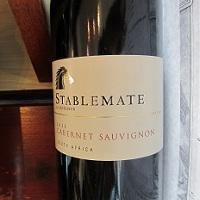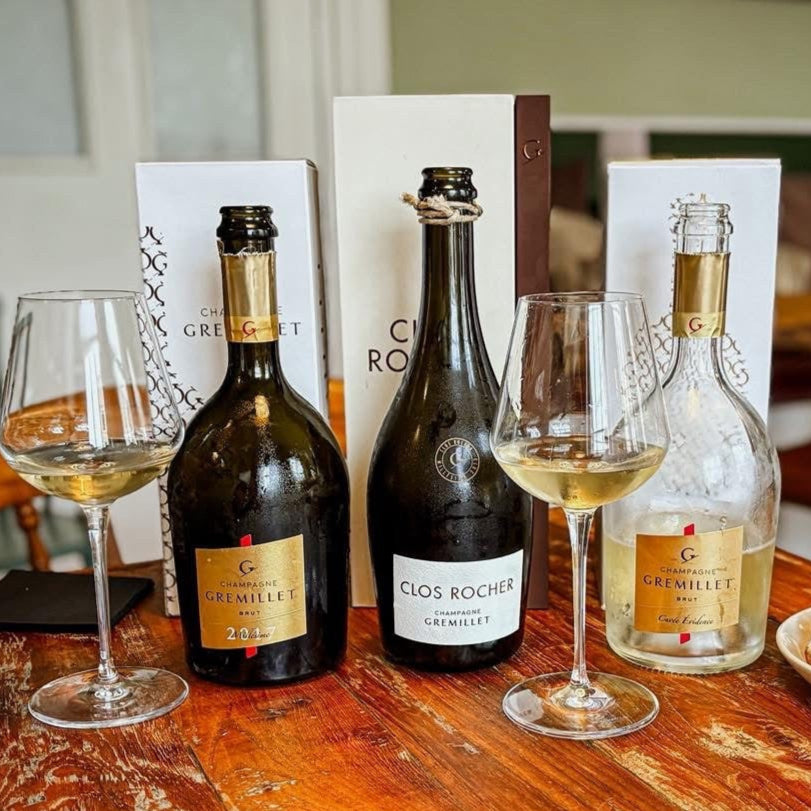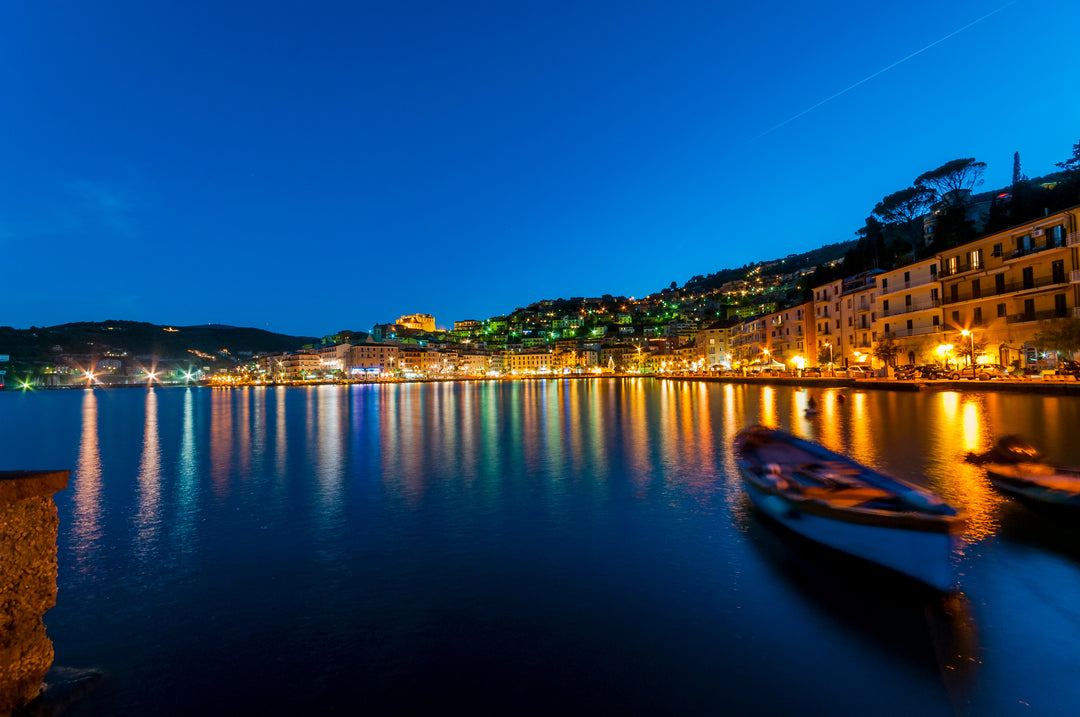
Stablemate Cabernet Sauvignon 2023
- In stock, ready to ship
- Backordered, shipping soon
DELIVERY TERMS (In all instances, cases may be mixed)
| Order Types | Cost |
|---|---|
| 1 to 12 bottles or less | £11.75 |
| 13 to 24 Bottles | £17.00 |
| 25 to 36 Bottles | £21.50 |
| Orders over £145 | Free Delivery |
| Free Local Delivery | Available to customers within 10 mile radius of our shop, £35 minimum order |
Delivery charges are for Mainland Great Britain only. Charges to the Isle of Wight and other islands will incur additional charges.
Scotland: Deliveries to the following postcodes may incur added costs. AB,FK, HS, IV, KW, PA, PH and ZE. Please check with us directly for delivery quotes:. We would like all our customers to note the following so that they may fully benefit from our delivery service:
__________________________________________________
Shipping Costs for Northern Ireland
For all deliveries to Northern Ireland, the costs (inc. VAT) of our 2-5 day service are:
1 case (12 bottles) = £30.00
2 cases (24 bottles) = £47.50
3 cases (36 bottles) = £70.00
Free delivery on all orders over £350 (inc. VAT)
_________________________________________________


 Contains Sulphites
Contains Sulphites
